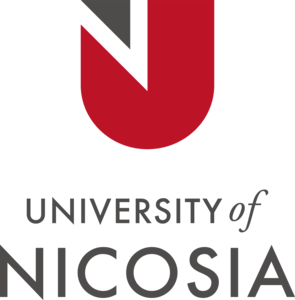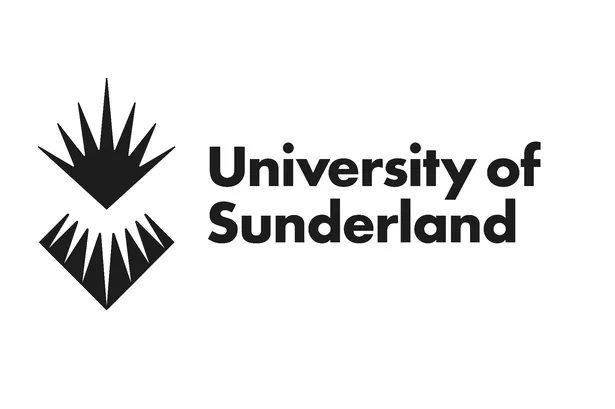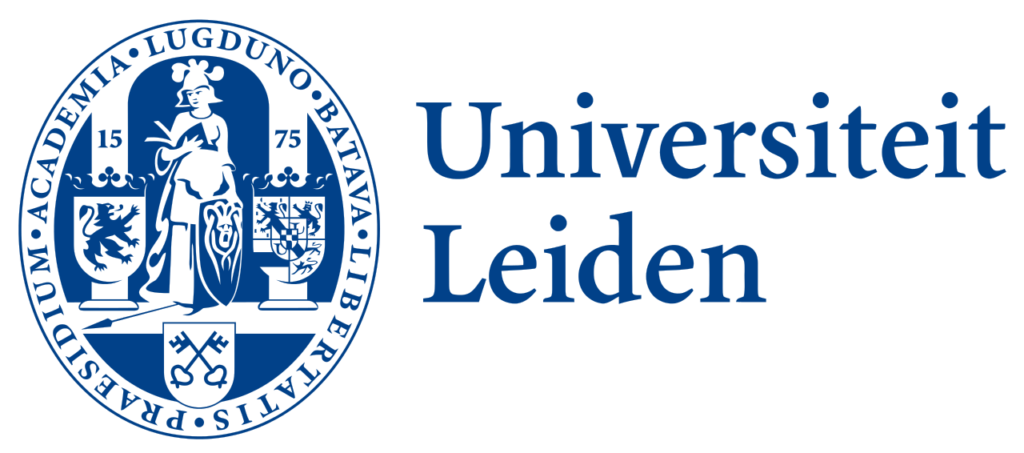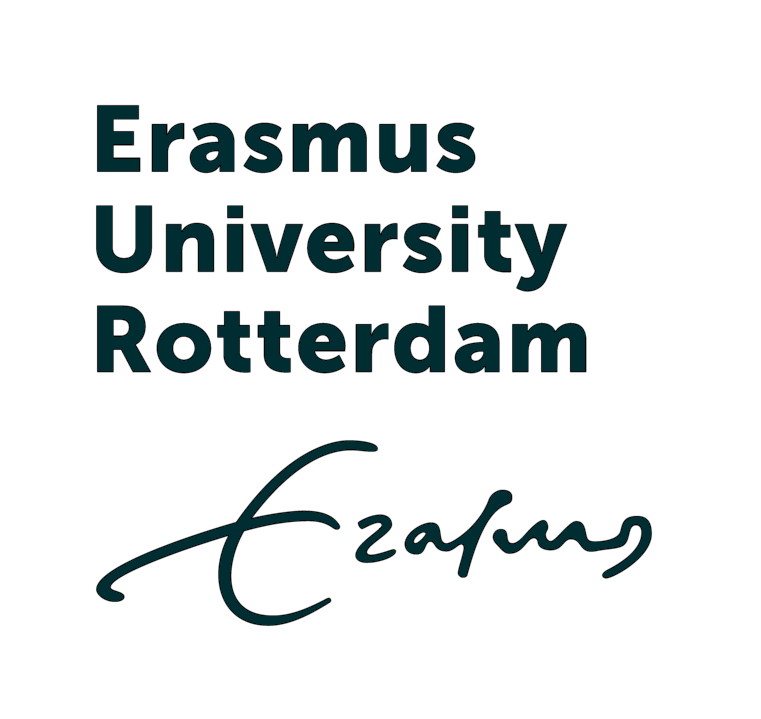Study in English in Germany
Best English-Taught Universities in Germany for 2024
Germany is recognized as a prime destination for international students seeking quality education in English. With an array of English-taught programs across various fields, students have the opportunity to pursue both undergraduate and graduate studies without the barrier of language. Not only does this reflect Germany’s commitment to internationalization, but it also opens the doors to a vast cultural and educational experience for non-German speakers.

Studying in Germany offers more than just academic excellence; it also comes with the advantage of low or no tuition fees, particularly at public universities. This positions Germany as an economically viable option for higher education. As students plan their journey, they must familiarize themselves with the German higher education system, navigate through the application process, and prepare for life in a new country. The support systems set up across university campuses ensure a smooth transition and successful academic path for the incoming international community.
Key Takeaways
- Germany offers a wide array of English-taught degree programs suitable for American and international students in general.
- Public universities in Germany often provide education with low to no tuition fees, making it a cost-effective choice.
- Comprehensive student support ensures international students integrate well into the educational and cultural environment of Germany.
Understanding the German Higher Education System
Germany’s higher education system is renowned for its variety of institutions, robust rankings, and the unique feature of providing tuition-free education at public universities. This section provides an in-depth look at the distinctive aspects of the German educational landscape.
Types of German Universities
Germany features a diverse range of higher education institutions. Public universities form the backbone of the system, known for their comprehensive academic programs and research opportunities. Private universities, while fewer in number, offer specialized programs often tailored towards the job market. Key public institutions include the Technical University of Munich, known for its engineering and technology programs, Ludwig-Maximilians-Universität München, offering a wide range of disciplines, Heidelberg University, with its strong emphasis on research, and Freie Universität Berlin, recognized for its humanities and social sciences.
German University Rankings and Reputation
The reputation of German universities is affirmed through global university rankings. Institutions such as the Technical University of Munich and Heidelberg University frequently appear at the top of these lists, reflecting their commitment to high-quality education and research prowess. These rankings take into account factors such as academic reputation, employer reputation, and research impact, solidifying German universities’ status internationally.
Tuition-Free Education in Germany
One of the most significant factors of the German higher education system is free tuition at public universities, a policy that pertains to both domestic and international students. The exception is the state of Baden-Württemberg, where non-EU students are required to pay tuition fees. This model of tuition-free education in Germany removes financial barriers and makes higher education accessible to a broader range of students, highlighting the country’s commitment to egalitarian education principles.
Check out the top-rated universities in Germany offering English-taught programs:
- Technical University of Munich (TU Munich)
- Heidelberg University
- LMU Munich
- Free University of Berlin
- Humboldt University Berlin
- Karlsruhe Institute of Technology (KIT)
- Technical University of Berlin (TU Berlin)
- RWTH Aachen University
- University of Freiburg
- University of Tübingen
FREE INSIDER’S GUIDE

Top 5 English-Taught Colleges in Europe
Kickstart you education abroad with a powerful degree taught entirely in English, all without taking on any student loans!
Navigating the Application Process
The application process for studying in Germany is structured and detailed, requiring careful attention to various mandatory stages. Successful navigation through these steps is essential for prospective students aiming to fulfill their academic ambitions in German universities.
Understanding Uni-Assist
Uni-Assist plays a crucial role in the application process for international students. It’s a centralized service that evaluates academic credentials to ensure they meet the standards of German universities. Applicants must create an account on the Uni-Assist portal to upload their documents for preliminary review. This step typically precedes applications to individual universities.
Admission Requirements
German universities set clear admission requirements which generally include a recognized high school diploma or equivalent, a bachelor’s degree for master’s program applicants, and specific qualifications related to the chosen course of study. Some programs may ask for standardized test scores like the GMAT or GRE, especially for business or graduate studies. Detailed steps and academic expectations can be found on the DAAD website.
Required Language Proficiency
Aspiring students need to demonstrate language proficiency in either English or German, depending on the language of instruction for their selected program. English-taught programs often require IELTS or TOEFL test scores. If the program is in German, applicants will need to provide TestDaF or DSH scores. Specific scores and tests accepted can vary, so checking with each institution is imperative. For more information on preparing and language requirements, visit the portal for Study in Germany.
English-Taught Degree Programs

Germany offers a significant number of English-taught degree programs across various levels and disciplines, catering to international students who seek a global education in a country renowned for its academic rigor and innovation.
Undergraduate and Graduate Program Options
Germany’s higher education landscape includes numerous English-language programs at both undergraduate and graduate levels. Undergraduate programs often lead to a Bachelor’s degree, typically taking three to four years to complete. For students aspiring to advance their education, Germany offers graduate programs, including Master’s and Ph.D. tracks, with Master’s degrees usually taking one to two years and Ph.D. programs lasting around three to five years. These programs are available at public and private universities across the country.
Popular Fields of Study
In terms of popular fields, English-taught programs in Germany extensively cover areas such as engineering, business, and MBA programs, which attract a large number of international candidates. Additionally, programs in technology, economy, law, social sciences, and natural sciences are also prevalent and highly sought after by students due to Germany’s strong industrial and academic reputation in these disciplines.
Degree Accreditation and Duration
Degree programs in Germany maintain a high standard of education through rigorous accreditation processes, ensuring that qualifications are recognized internationally. The duration of the programs varies, with Bachelor’s degrees lasting approximately three to four years and Master’s programs between one to two years. Ph.D. programs often extend to three to five years, depending on the field and nature of research. Across these offerings, English-language programs enable non-German speakers to achieve their academic goals in a culturally rich and innovation-driven environment.
Discover all the English-taught European college programs in one place.
Beyond the States provides easy access to 11,600+ European bachelor’s and master’s programs across 870 universities, 550 cities, and 212 areas of study, plus all the resources you need to get there. No sponsorships. No bias.
3400+
English-taught bachelor’s programs in our database.
550
Beautiful European cities to choose from.
$360,170
Typical savings against a private university in the US.
8200+
English-taught master’s programs in our database.
870
Top-tier universities accepting international students.
$65,038
Typical savings against in-state tuition in the US.
Cost of Studying and Living

Navigating the costs associated with studying in Germany requires a clear understanding of tuition, living expenses, and available financial aid. Students must budget for both educational fees and daily living to ensure a smooth academic experience.
Understanding Tuition and Semester Fees
Most German universities do not charge tuition fees to both domestic and international undergraduate students, as education is funded by the state. However, a semester contribution, ranging from €100 to €350, is typically required. This fee often includes a public transportation ticket and student services. For postgraduate programs, especially for non-consecutive studies, tuition may apply, typically varying from €10,000 to €20,000 per year depending on the course and institution.
Living Expenses and Budgeting
The cost of living can be quite reasonable, yet varies greatly based on location. On average, students should budget approximately €850 per month to cover all living expenses, which includes rent, food, transportation, health insurance, telephone/internet, study materials, and leisure activities. Larger cities like Munich or Frankfurt may require a higher budget, whereas smaller cities could be less demanding on a student’s finances. It’s vital for students to plan their budget ahead of time to manage their monthly expenses effectively.
- Average Monthly Living Costs: €850
- Rent: €250 – €390
- Health Insurance: Included in semester fee
- Food: €168
- Transportation: Included in semester fee
- Miscellaneous (leisure activities, study materials, etc.): Varies
Financial Aid and Scholarships
For financial support, students can turn to various scholarships and aid programs. The DAAD (German Academic Exchange Service) offers a range of scholarships for international students. Additionally, other organizations, universities, and even the German state provide scholarships to mitigate the cost of living and studying. It’s crucial for prospective students to research and apply for these opportunities well in advance of their studies. Financial aid options can significantly offset the cost of living and tuition fees when applicable, aiding students in their pursuit of academic achievements in Germany.
Preparing for Life in Germany

Transitioning to a new country for your studies involves understanding the cultural context, securing proper documentation, and potentially balancing work and study. This is especially true for students planning to study in Germany.
Adapting to German Culture
Adapting to German culture is an important part of an international student’s experience. It includes becoming familiar with social norms, such as punctuality and direct communication styles, as well as understanding local customs and holidays. Immersing yourself in the culture through attending in local events and festivals will make this integration process super easy.
Student Visa and Residency Permits
Obtaining a student visa is a prerequisite for non-EU students aiming to study in Germany. This involves gathering necessary documents, such as proof of financial stability, acceptance from a German university, and health insurance coverage. Upon arrival, students must also apply for a residency permit, allowing them to stay for the duration of their studies.
Working While Studying
International students in Germany are permitted to work part-time for up to 20 hours a week during the semester. This can be a valuable way to gain work experience and manage living expenses. However, it is crucial to balance work commitments with academic responsibilities to maintain focus on their studies.
Student Support and Campus Resources
Germany offers robust support to foster academic success and community integration for international students, ensuring access to a variety of critical resources and personalized assistance throughout their educational journey.
University Services for International Students
Most German universities feature an International Office that acts as the main hub for assisting international students. These offices provide comprehensive services ranging from help with admission processes to visa support and integration into university life. They often facilitate Erasmus exchanges which can enhance the international experience with opportunities to study at partner institutions across Europe.
Networking and Student Organizations
Students in Germany are encouraged to participate in various student organizations which provide ample networking opportunities and contribute to a vibrant community experience. These organizations can range from subject-specific societies to cultural clubs that celebrate diversity. Joining such networks helps students to find their community and build a support system far from home.
Language Support and Courses
Language support is a key offering at German universities, with many offering free or subsidized language courses. These are designed to aid students in acquiring or improving their German language skills, essential for both academic and everyday communication. International students often benefit from such language courses to better integrate into their host community and campus life.
Frequently Asked Questions
Studying in Germany offers a wealth of educational opportunities, including English-taught programs at both public and private universities. This section addresses common inquiries about bachelor’s and master’s programs for international students.
What are the options for pursuing a bachelor’s program in English at public universities in Germany?
Public universities in Germany provide a selection of bachelor’s programs taught in English, though these are less common than master’s programs. Students should conduct research to find universities offering courses in their desired field, as offerings can vary by institution.
Are there private universities in Germany that offer programs in English, and how do they differ from public institutions?
Private universities in Germany often offer a wider range of programs in English, especially at the bachelor’s level. They differ from public institutions mainly in tuition fees, as private universities typically charge higher fees than their public counterparts.
Which German universities are known for their English-taught Master’s programs in Supply Chain Management?
Universities such as the Technical University of Munich and the RWTH Aachen University have established reputations for excellence in their English-taught master’s programs in Supply Chain Management.
How can international students find Master’s programs in Germany that are taught in English and have no tuition fees?
International students can find master’s programs with no tuition fees at many public universities in Germany. Beyond The States maintains an up to date database of available programs and allows you to filter on accreditation and location.
What are the admission requirements for international students looking to earn a Bachelor’s degree in Germany?
The admission requirements typically include a secondary school leaving certificate equivalent to the German Abitur, proof of language proficiency, and often specific qualifications related to the chosen field of study.
Can international students study at German universities for free, and are there English-taught programs available?
Many public universities in Germany offer tuition-free education to international students, primarily at the master’s level. However, there is a growing number of Bachelor’s programs taught in English with no tuition fees, though they may require a semester contribution for administrative or student service costs.

















